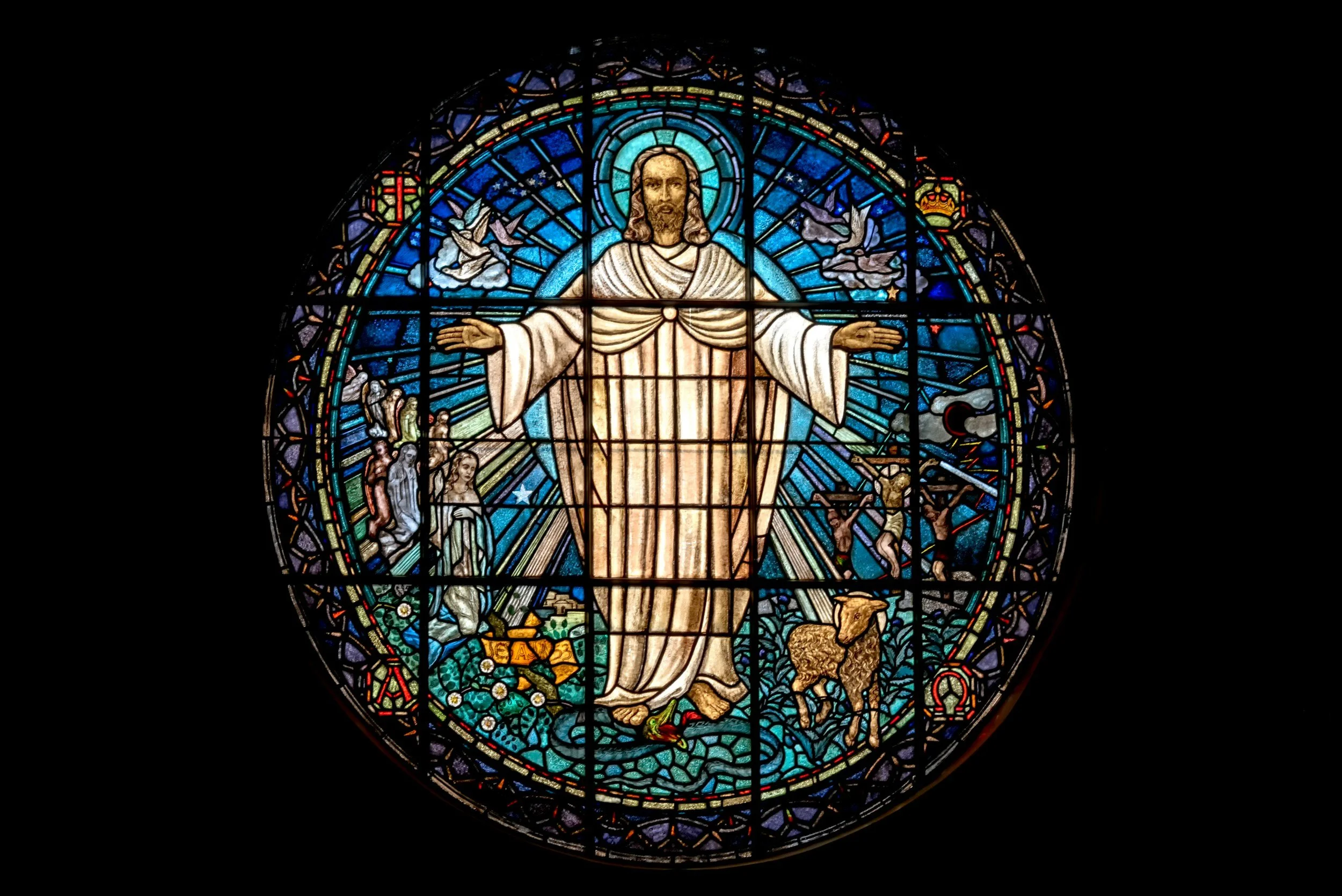In reflecting on the first two of The 39 Articles of Religion, Oliver O’Donovan notes the curious way in which the biblical and creedal claims about Jesus offend our contemporary sensibilities. “Curiously” it is not the sheer statement that Jesus was divine or that God was in Christ or anything like that —many people are willing to admit as much (I remember watching a lecture in which Gregory Nagy referred to the historical transmission of the works of Homer as “divine” so its a fairly wide-ranging term). What offends the modern mind is “[t]he statement of Christ’s pre-existence as the eternal Word of the Father” (20). O’Donovan adds that “other difficulties” about Christology “appear no more than symptomatic.”
Mormons, Jehovah’s Witnesses, Christian Scientists, Sufi Muslims, certain kinds of adaptable Buddhism, Bahai Faith, etc. have no problem with acknowledging Jesus as “lord” or “son of God” or “Good Teacher” or “Divine Human” or “Messiah” or “someone in whom God worked” etc. They take issue with the claims of the first chapter of John’s Gospel “in the beginning was the Word… etc.” We’re generally fine with Jesus being granted a kind of divine nature, but left to ourselves we’d be right there with the offended mob when Jesus says “Before Abraham was I AM” (Jn. 8:58).
Why, though? What’s going-on?
O’Donovan, as always, offers an illuminating insight: “Because the notion of a God-in-becoming is not uncongenial to the deepest intuitions of humanism, which has applied the attributes of infinity to the process of time and to the history of mankind” (20). Which is to say we, especially us moderns, are keen on the idea of progress in which an ever-advancing humanity with “titanic hopes” subsumes divinity into itself in an act of “masterful self-transcendence” (20). Liberal theology is founded in this idea of a changeable God who undergoes a transformation across the pages of scripture until God becomes something which himself can be scrapped as humanity self-actualizes towards the moment of singularity.
But this is all a gnostic pipe-dream. And it is not the plain teaching of scripture, nor of the creeds, and this is what the Articles emphasize. Before our beginning, there was a Beginning whose self-disclosure to us in history is already implicated in who He Is. The image Christ takes-on is, on one level, “ours” but on a real level, it was “his” first. We were made in his likeness, our image is a gifted one.
“…the Incarnate God, the divinity who has taken humanity into his own unchangeability and is eternally the same —there is a stone of stumbling to the mind shaped by modern historicism, an unmalleable symbol and uncompromising offense” (20).
A human who attained divinity —that’s the transhumanist dream, but it is not a description of Jesus Christ. The Eternal Word of the Father, who from before time and for all ages has been the Lord, took-on flesh and was born, cannot look back and say “And that’s when I really went through a major change.” Glorious mystery!
And yet, this is not merely abstract theory, it’s implications are severe and as day-to-day as an egg-salad sandwich being eaten on the hot sidewalk at a 7-11. The story in which we find ourselves is not one of human mastery slowing orchestrating inert matter into higher degrees of organization towards our own apotheosis and divinity. Jesus is not a part of a self-betterment program on a global scale. That mode of thinking produces Übermenschen and Gurus and Celebrity Tech Execs and Transhumanist Popularizers… it doesn’t produce virtuous Christians and Benedictine Hospitals and Bach’s “Jesu, Joy of Man’s Desiring” and Fr. Damiens who willingly become leprous.


